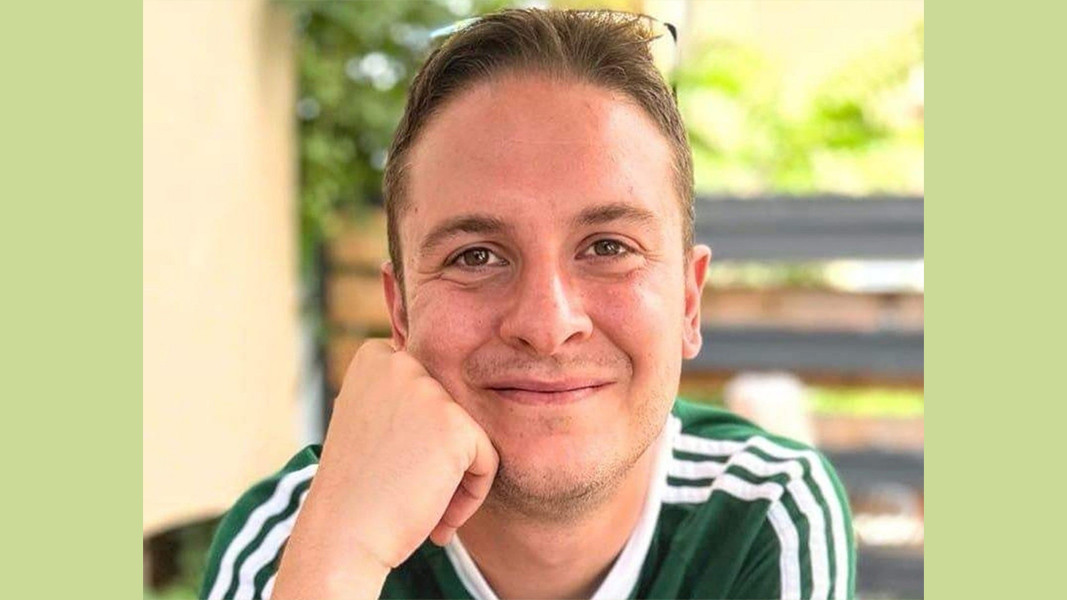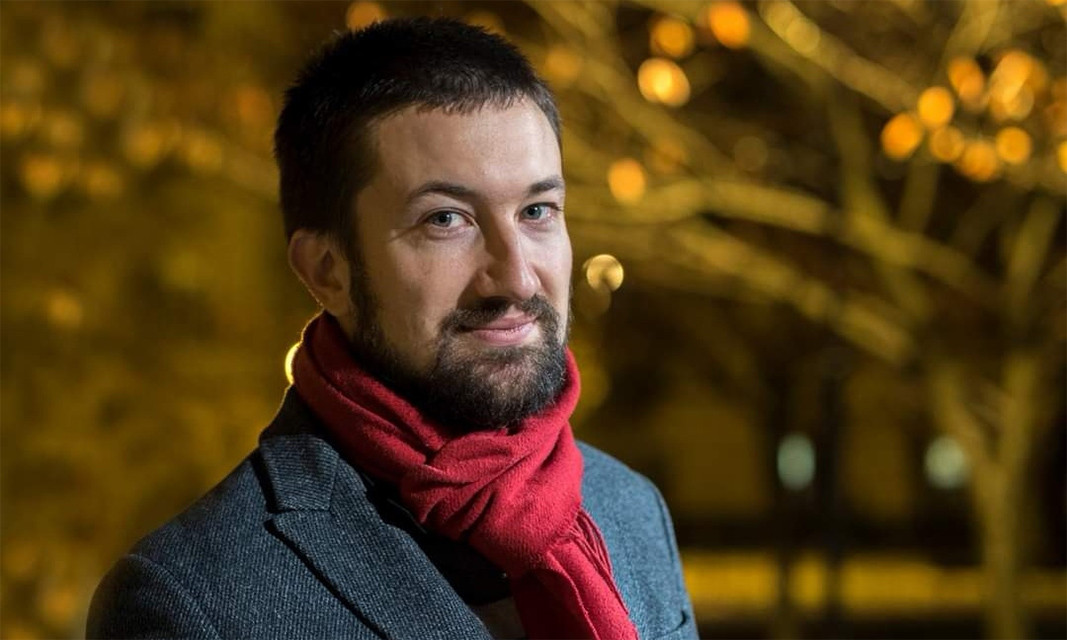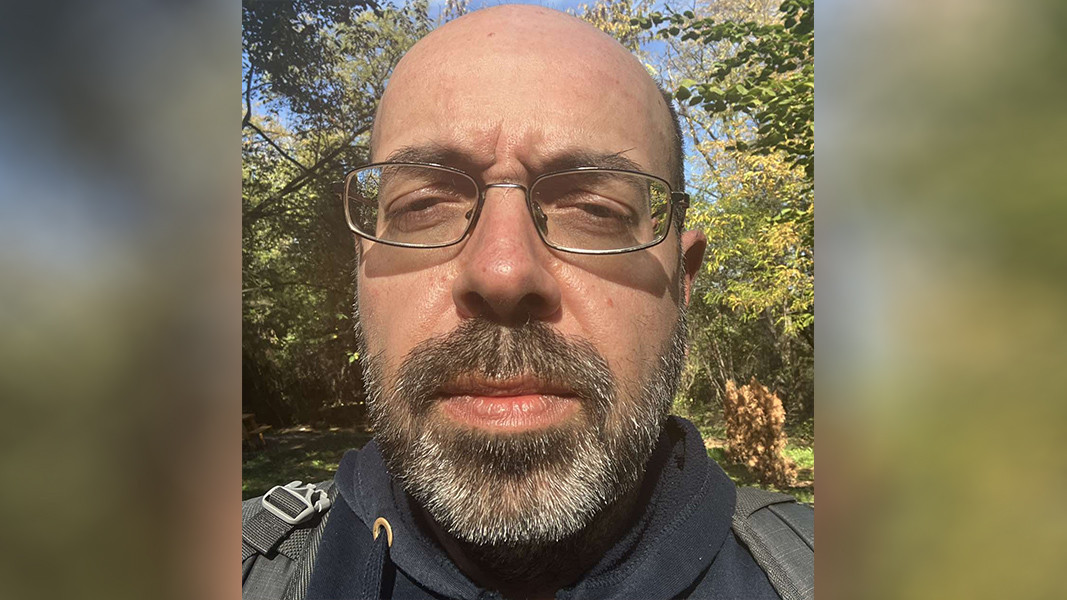


Protesting Serbian students to cycle 1,300km to Strasbourg A group of 80 protesting students and other people from four Serbian universities – in Novi Sad, Belgrade, Niš and Kragujevac started cycling from the campus of..
Protests in Turkey continue after Istanbul mayor's arrest Mass protests in Turkey continue after Istanbul mayor Ekrem İmamoğlu was arrested on March 19. Nearly 1,900 people have been detained for participating in the..
Bulgaria's parliamentary crisis delayed for months the election of the heads of key regulatory bodies, such as the Energy and Water Regulatory Commission (EWRC) and the Constitutional Court. Now that the 51st National Assembly has formed a ruling majority..
Protesting Serbian students to cycle 1,300km to Strasbourg A group of 80 protesting students and other people from four..

+359 2 9336 661
